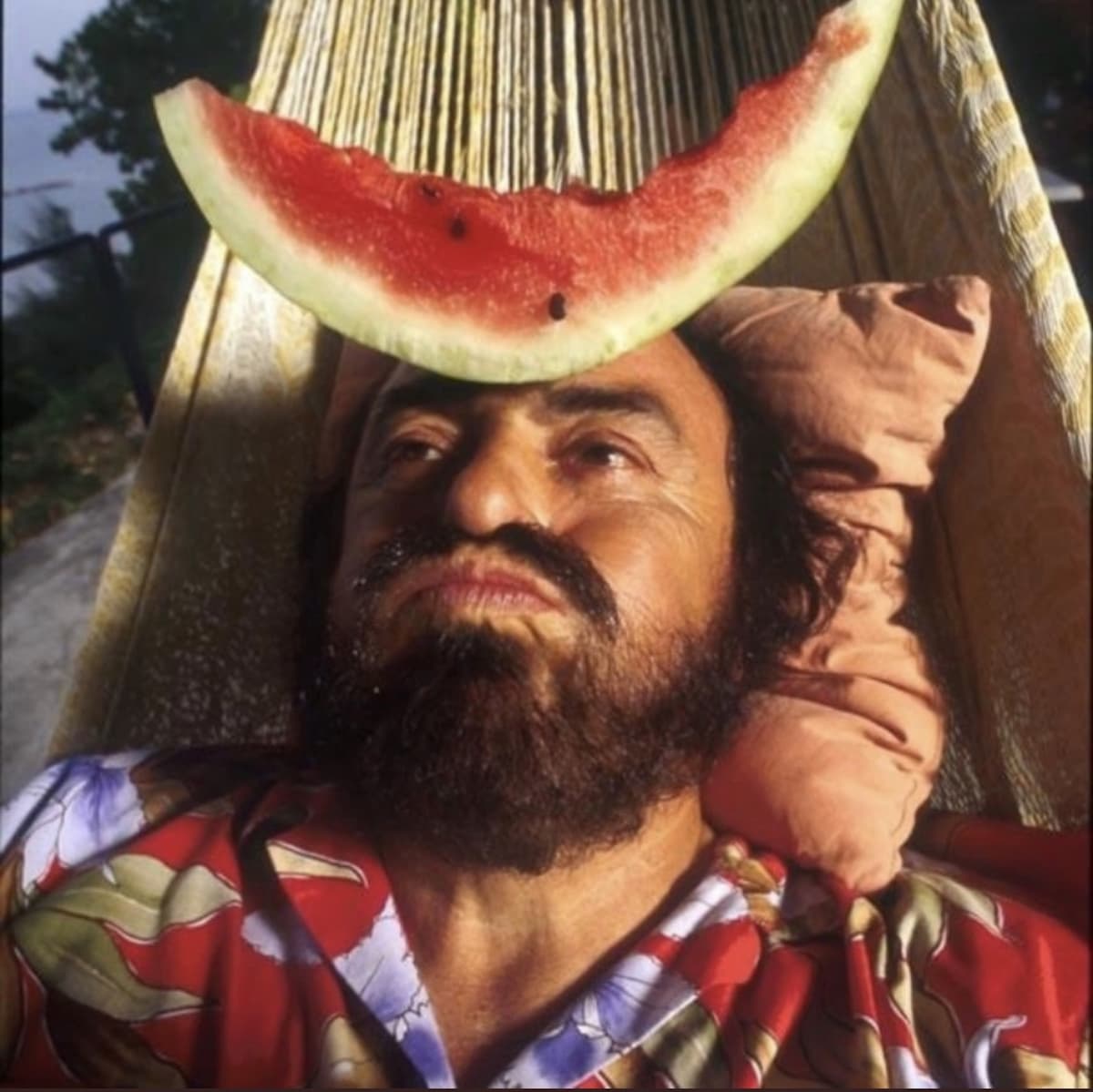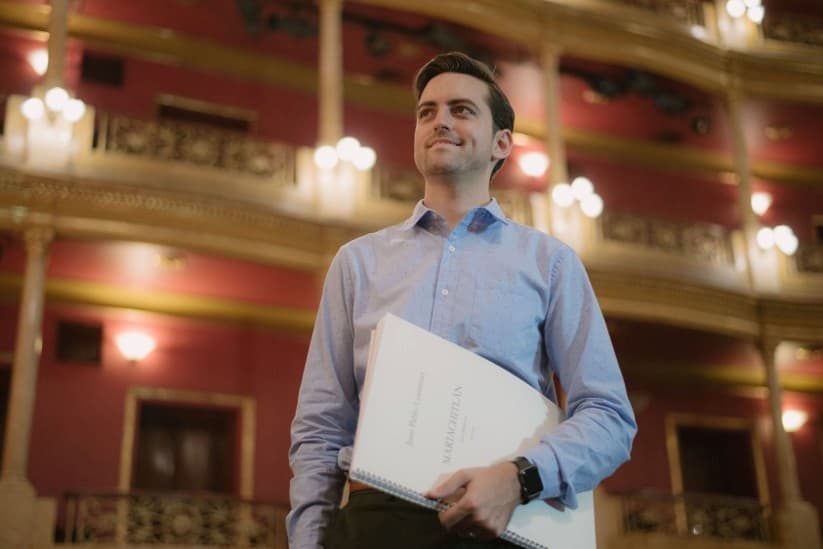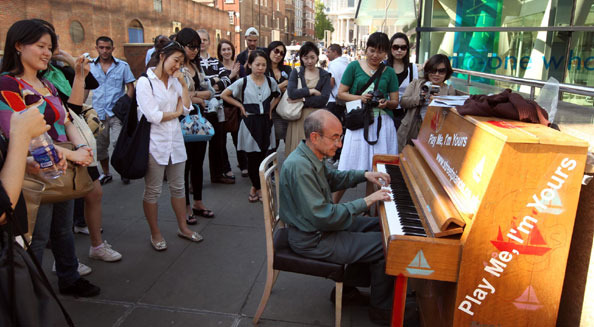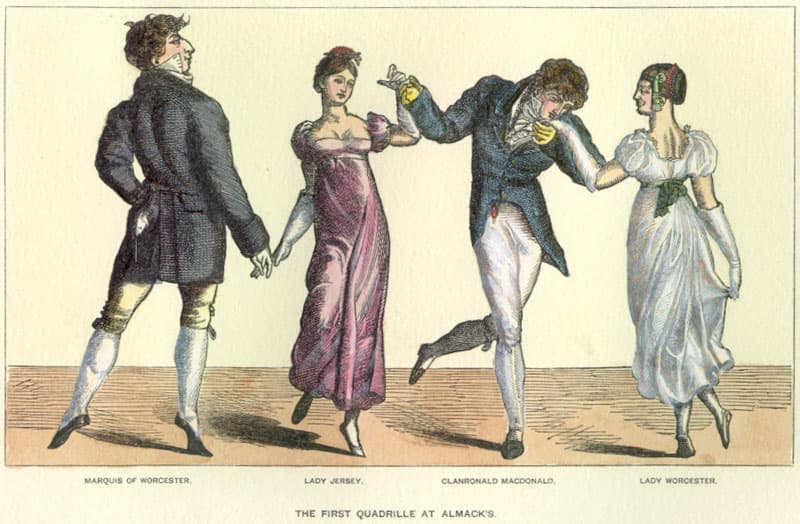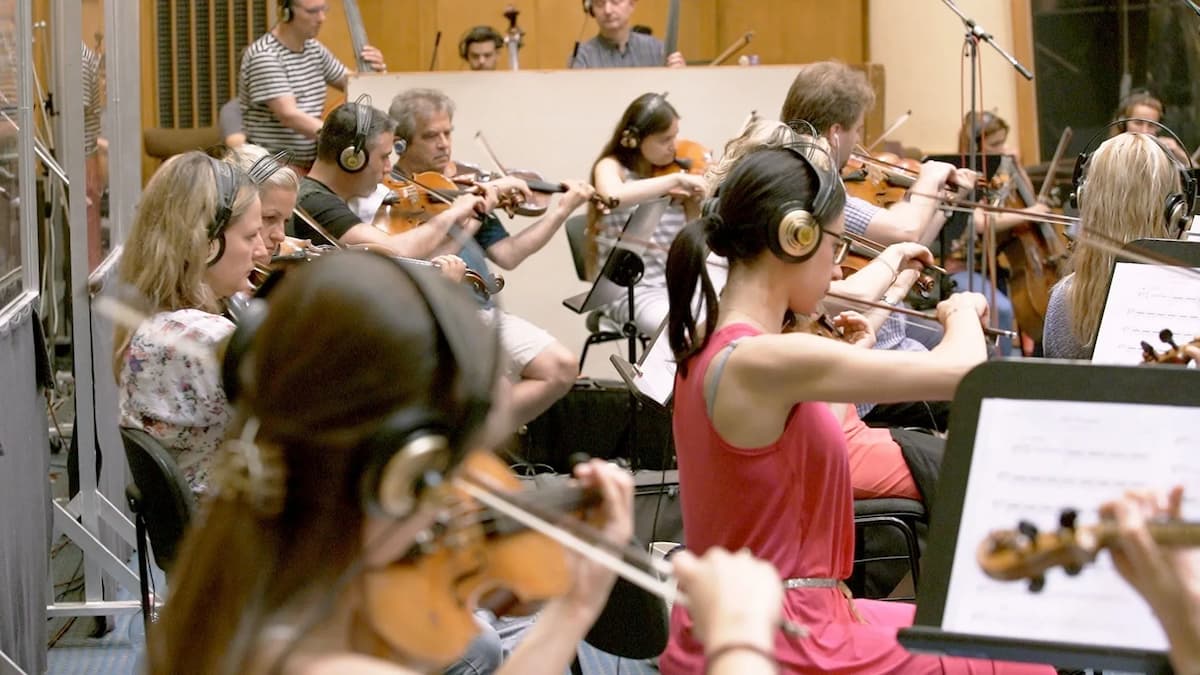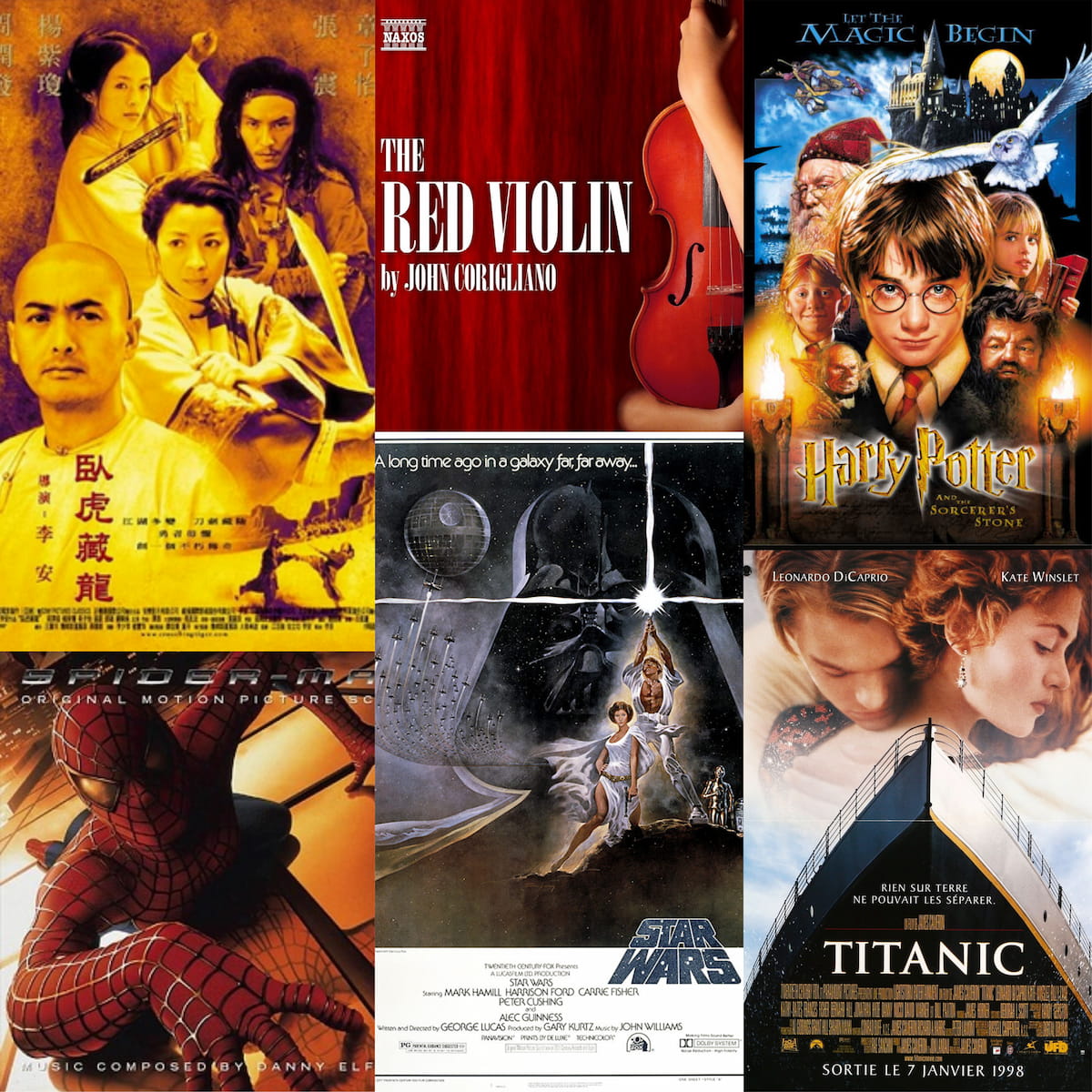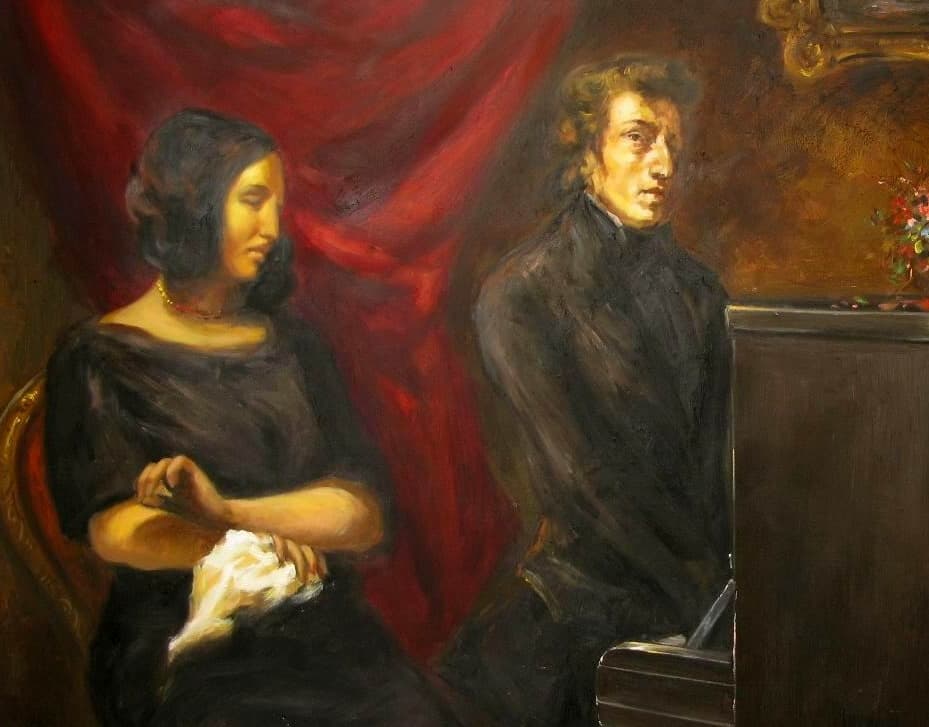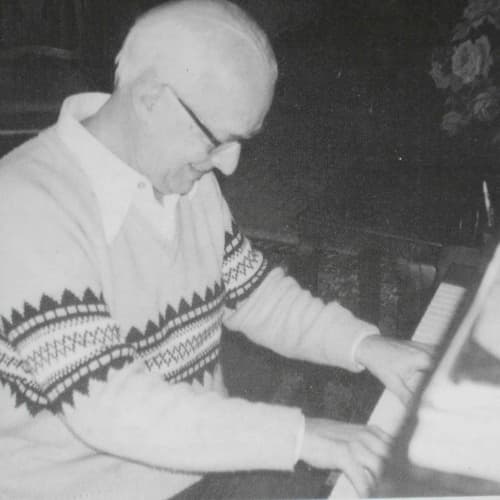For audience members, it’s difficult to imagine musicians anywhere other than on the stage wearing their tails or long gowns, looking serious, playing music with utmost concentration. I remember walking to my car after an evening concert, in my lumpy,
Blogs
I am always fascinated with the sounds of Latin American music, and as a pianist, I enjoy discovering more works from Latin America. We have explored four-hand piano music by Méndez, Guastavino, Villa-Lobos and Lacerda last time. Let’s continue to
The previous article (Einaudi: The Saviour of Classical Music) was a provocation designed to explore the relationship of a new generation of people to a flourishing genre of music based around relaxing solo piano. Because of the requirements of word
You might know the Quadrille as a dance from Alice in Wonderland. When she’s speaking with the Mock Turtle and the Gryphon, they tell her about the dance they used to perform at school, when they were learning the fundamentals
Things That Actually Happen in the Recording Studio The world of session recordings can seem quite mysterious from the outside. What actually happens in the recording studio, and how is it to work as a musician in a recording session?
Do you know the answer to the question as to which film score the American Film Institute considers the greatest film score of all time? I am sure you can hazard a pretty good guess, but just in case, the
The phrase “to kiss and tell” first appeared in print in 1695 in the comedy Love for Love by playwright William Congreve. In the play, the swain is worried about his love’s indiscretion as she is in the process of
Latin American music is a broad term: it encompasses a variety of styles and often combines elements of folk and indigenous music, African rhythms, and traditional western European music. We may be aware of several famous Latin American composers of

